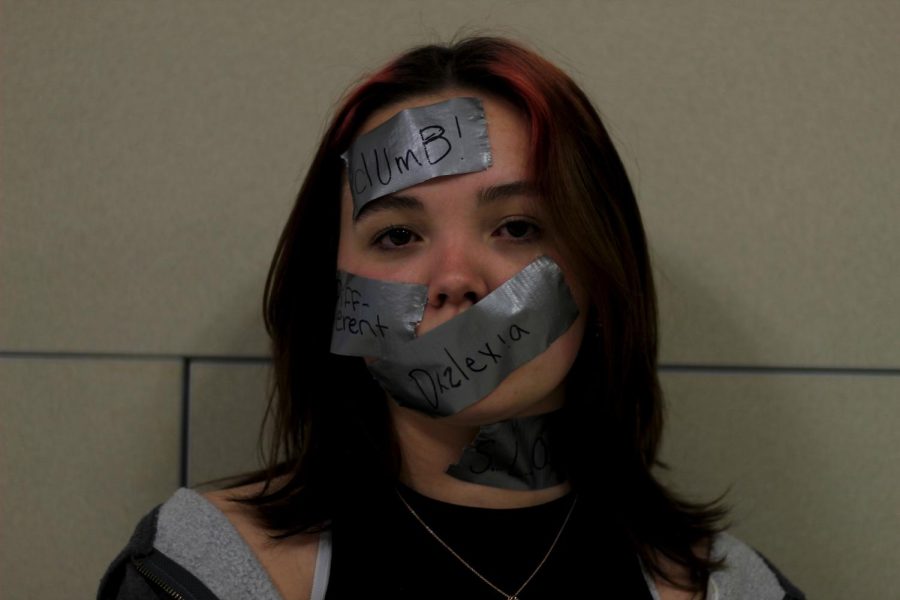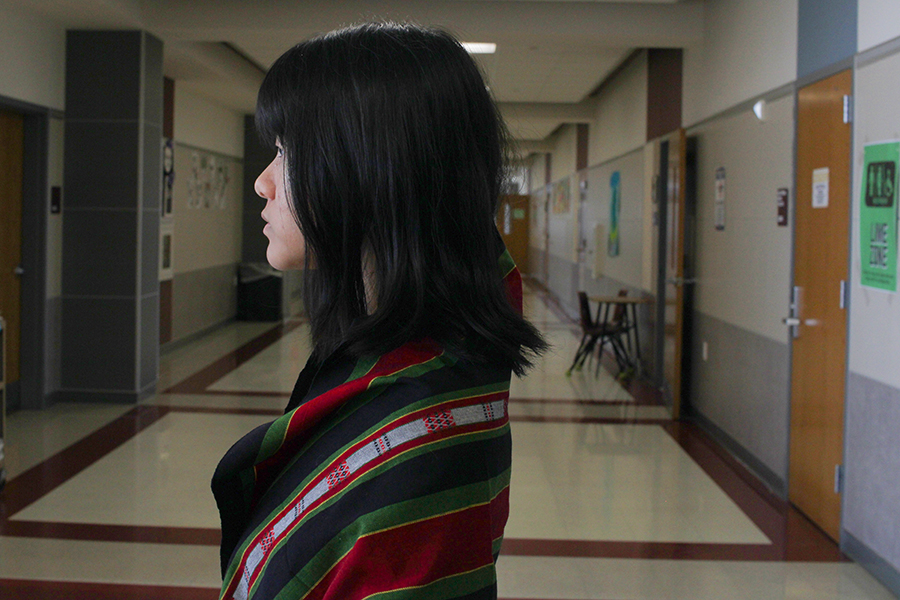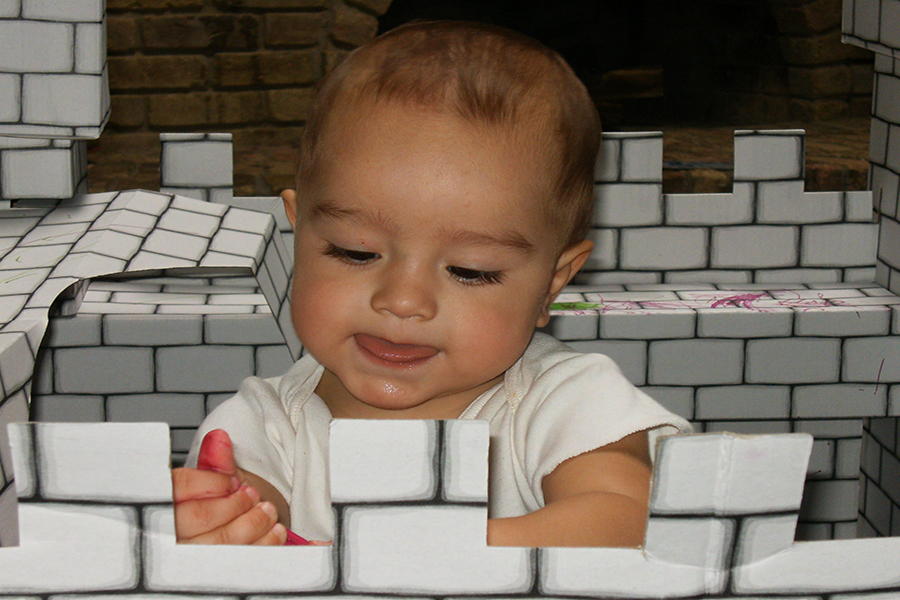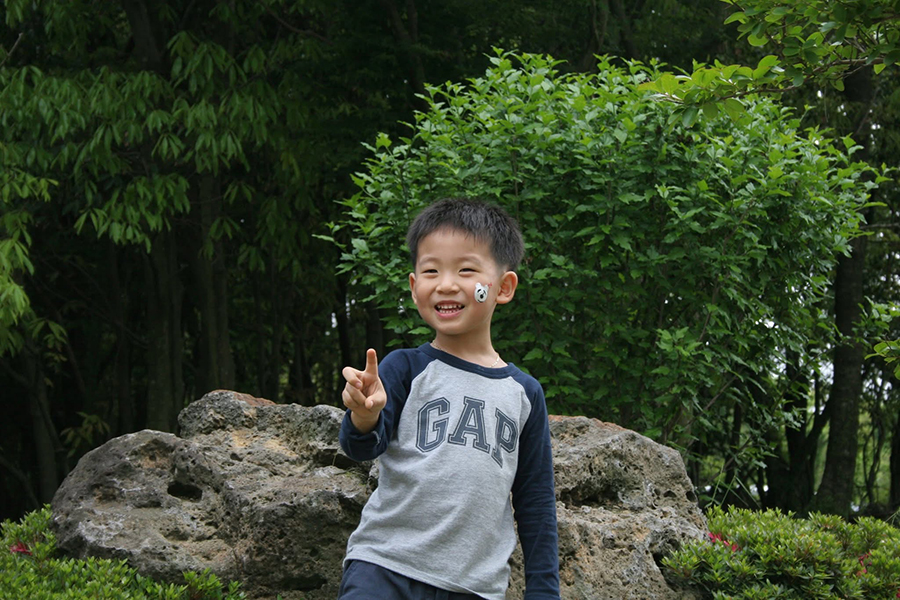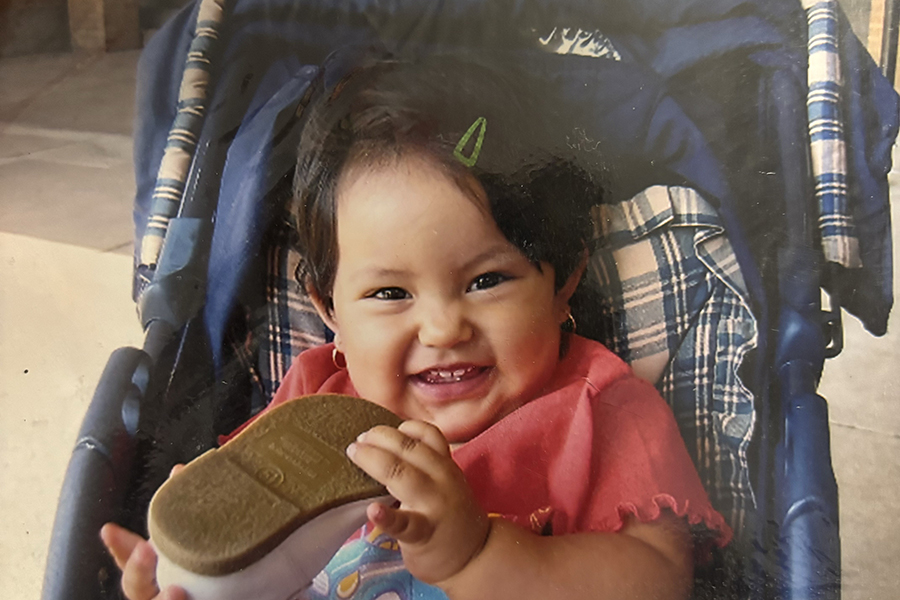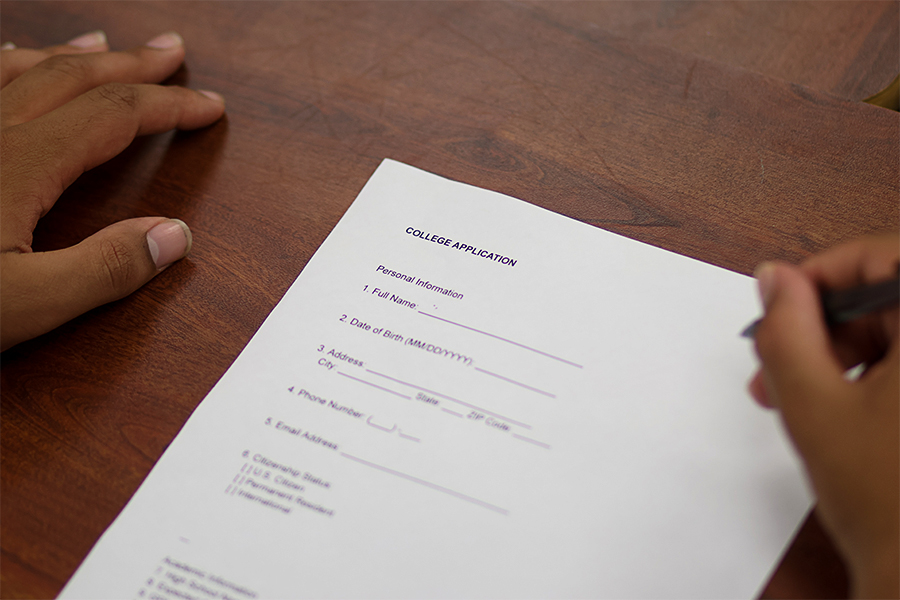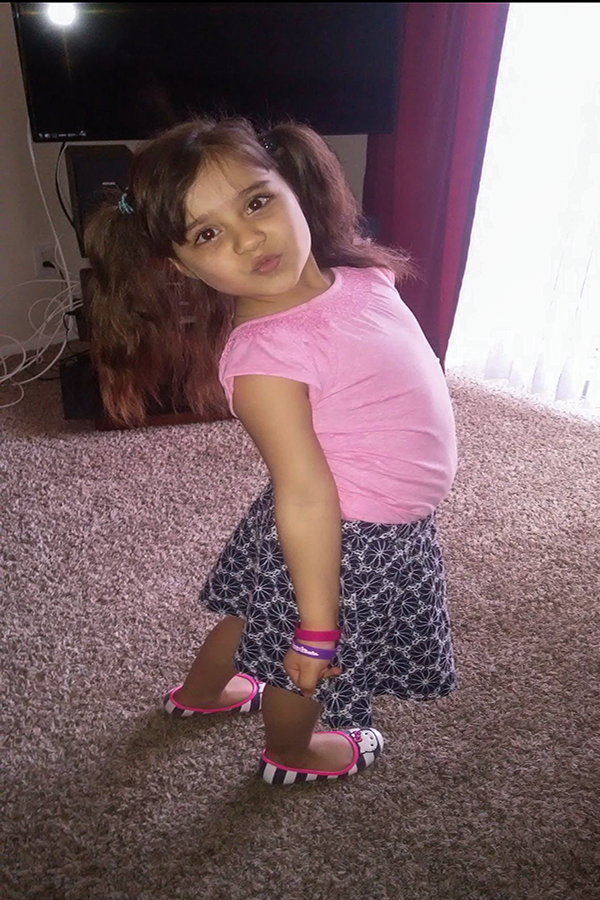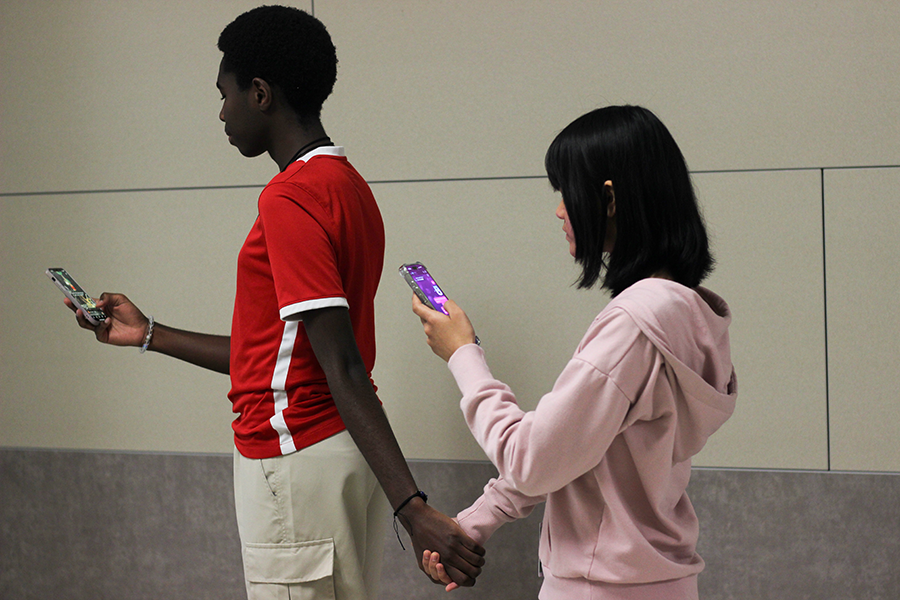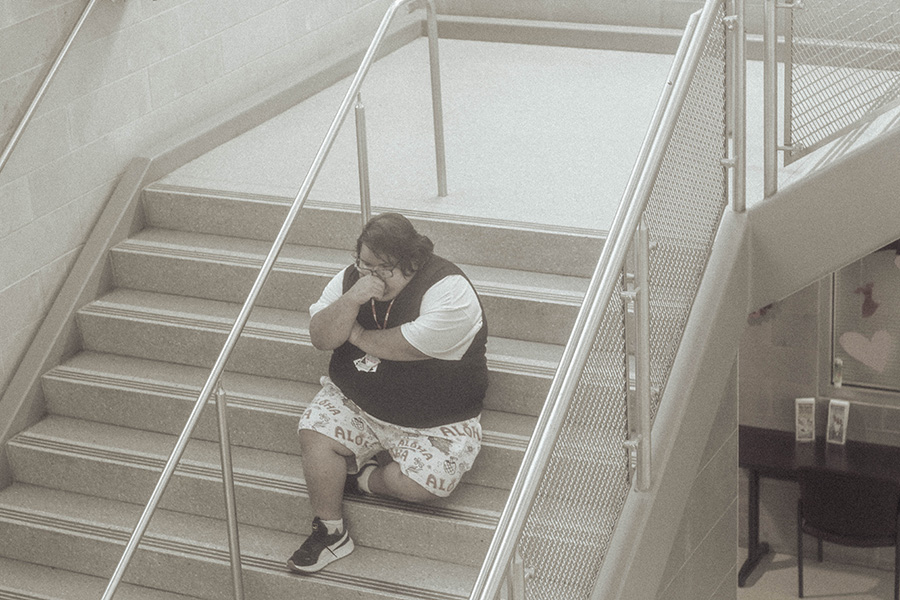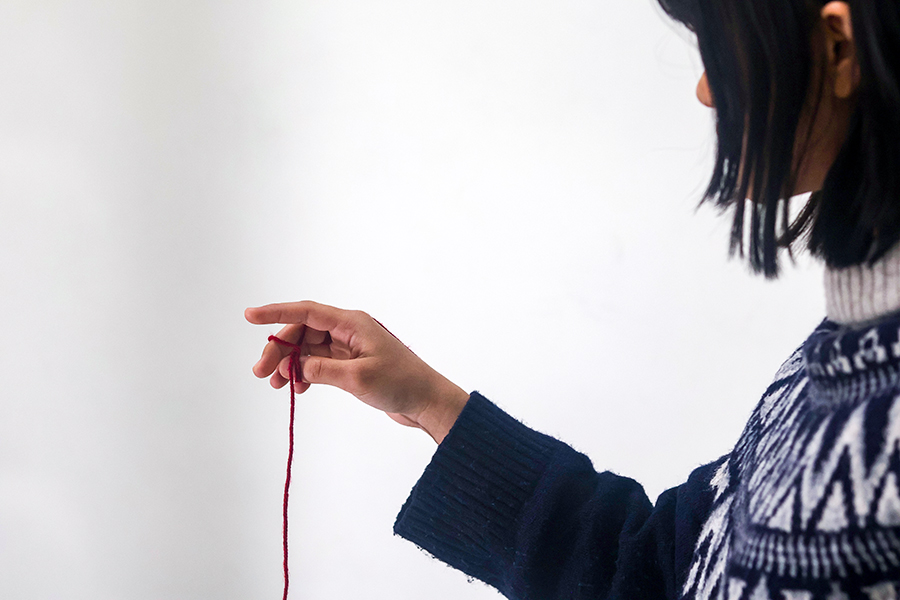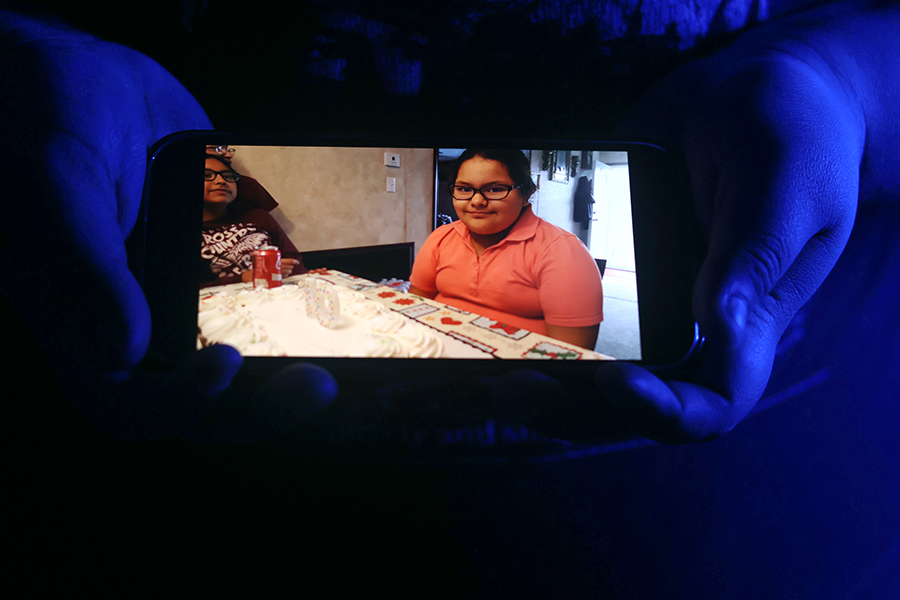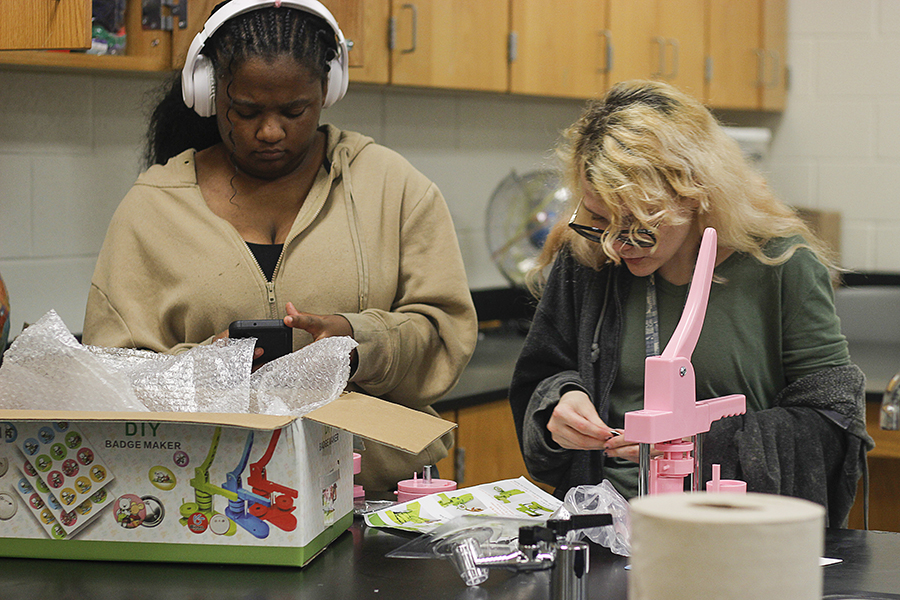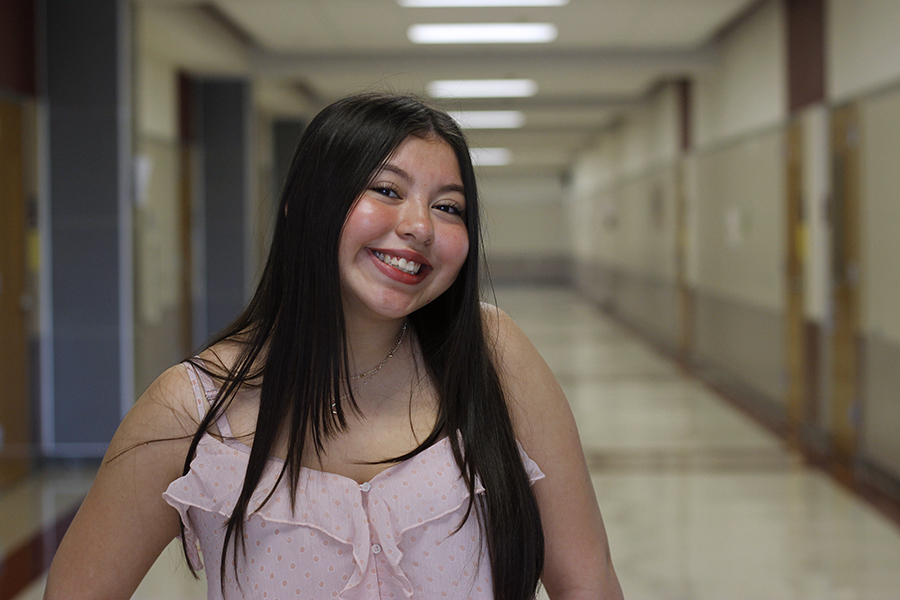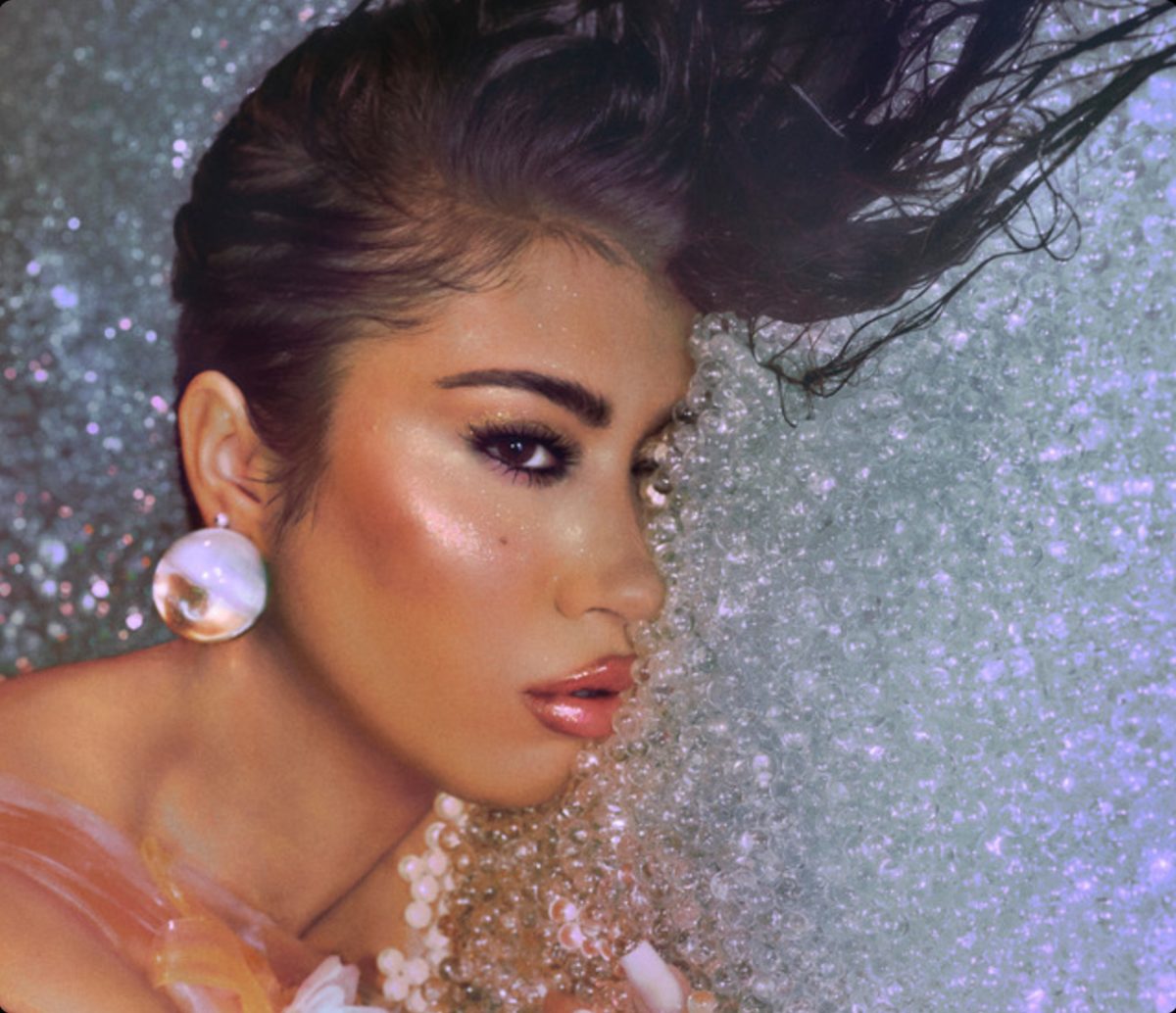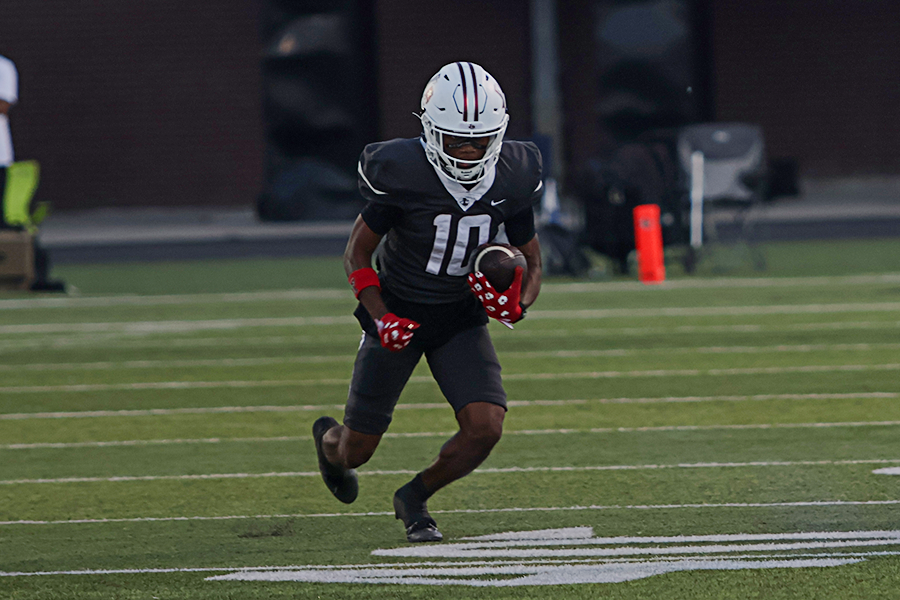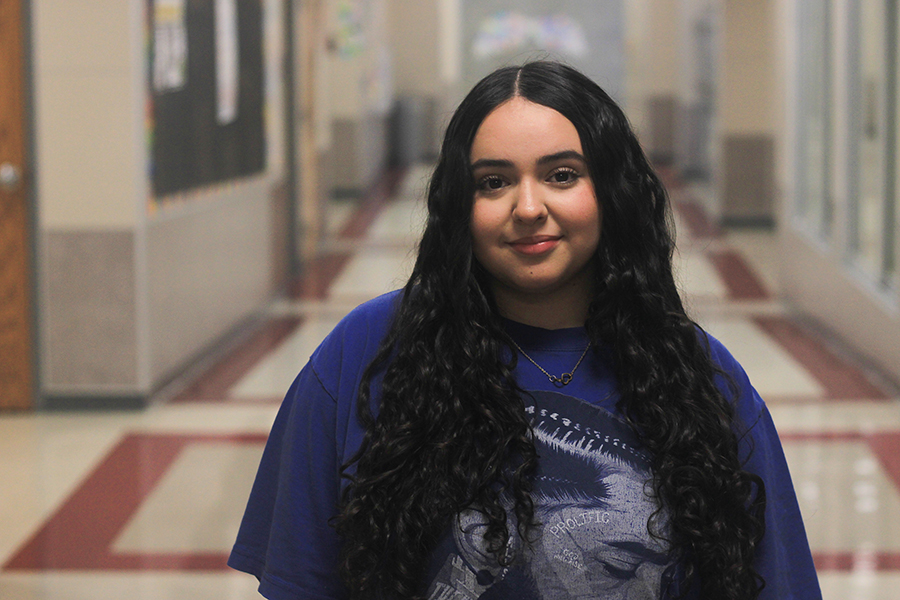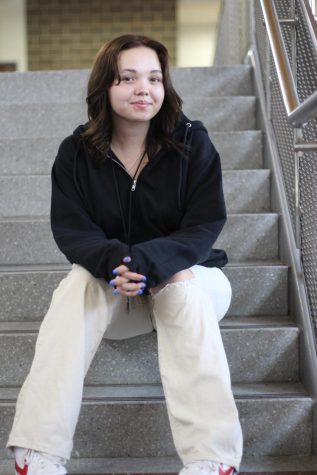It shouldn’t be this hard, the words in front of me are so simple to read, but why doesnt it come naturally for me? To others, the words flow off their tongues like rain sliding down windows, the book that is effortless to the person next to me is somehow discomforting inside my own head.
To a lot of people, being dyslexic is seen as being slow and not very bright; they believe comprehending information differently is a problem. They made me feel frail, stupid, like my own learning system was inhuman to those around me.
Dyslexia, what is it exactly? It’s a learning disorder that involves the difficulty of reading, understanding the sounds or pronunciation within the words, and causes a delay in learning and talking.
Growing up, I always had difficulty with reading certain letters in words, such as b and d, or m and w, p and q, and the list goes on. It started in the third grade, the year I took my first STAAR test, when I was told I failed. I wanted to curl up in a ball and cry. I felt like a failure, a stupid kid who couldn’t pass the biggest test of all time. When my parents heard about the news, they comforted me the best they could.
My father also has dyslexia, and he was the first to notice the signs of me not being able to read like my sisters. My parents had asked to speak with the principal at my elementary school and discuss the possibility of me getting diagnosed with dyslexia. However, the school shut my parents down. They didn’t believe my parents until they told them it was too late for me to test in the dyslexia program. I missed the due date even though it wasn’t my fault I didn’t know.
In my fourth and fifth grade year, I failed the STAAR test again and again to the point of me moving on to the sixth grade was at stake. I was never told why I was failing, I couldn’t understand the concept of me being different from other students at a young age. All throughout my elementary school experience, I felt unintelligent at the fact that I didn’t receive enough help.
When I was finally diagnosed with dyslexia, it made my mental health decline by the second. I was always scared to speak out because of the embarrassment I felt whenever someone had to correct me. Anxiety strangled my speech thus encouraging me to not speak at all. I struggled with reading the most, the constant anxiety that built up whenever we did popcorn reading covered me in immense heat and sweat. I knew I was doomed from the persistent laughter of my classmates when I messed up or read too slow for their liking.
In middle school, I was put in a dyslexia class where I met my best friend. We’re still best friends to this day, and with her help she made me feel OK enough to be open about my dyslexia. Though, it did still come with the bullying of others once they figured out I was a slower processor than them. It hurt more than I can say, because at the end of the day I would utter spiteful words at myself which plummeted my mental health further into my own grave.
There were times I felt dumb, times that I felt as if I was never going to succeed because of my disorder. I’ll admit, most of my mental health issues are caused by my own self doubt, because I believed every harsh word thrown at me.
When I was tested out of my dyslexia class they told me that I was better now, but their words never reached my heart like they expected. I didn’t feel stronger, I was still frightened by my own words and my own voice because I knew nothing could fix my thought process if I messed up. To this day, it scares me to speak or read, the constant reminder that I’m not normal, like the others around me. The feeling of being an outcast washed over me in waves that I couldn’t control.
I had negative thoughts of leaving, knowing I wouldn’t have to live through the pain, but I couldn’t because I knew I was going to leave my family behind. The people who actually care for me were my light when I put myself down in a dark void. It’s not as bad as it used to be since I’ve grown used to it, and I’m slowly learning how to love my imperfections because I know no one can tell me it’s not a special part of me.
Every day is hard, but now I’m about to graduate high school and I have pushed myself to keep going as my imperfections make me who I am and no one can tell me differently.
Even if it’s just dyslexia, it’s my favorite permanent scar.

